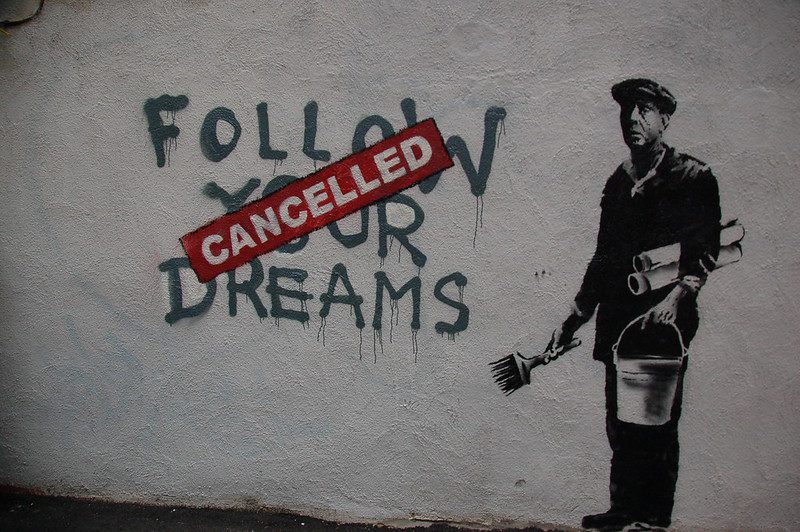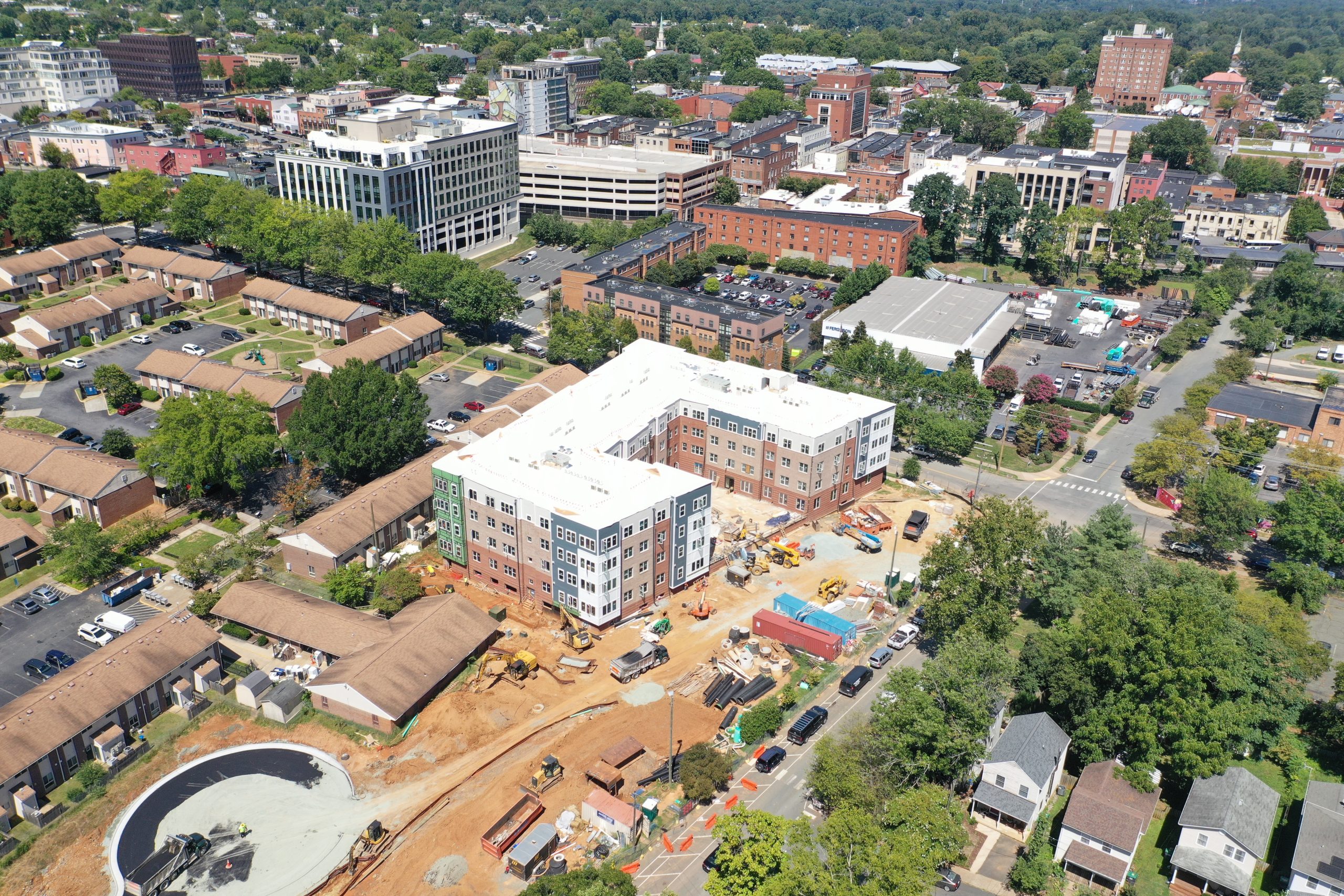
The Delta region is one of the poorest areas in the nation, with some counties facing poverty rates three times higher than the United States as a whole. Moreover, Arkansas and Mississippi are two of just a handful of states where poverty rates rose in 2015 compared to the previous year. Housing and other key costs are generally lower in the area, but the weight of low wages is clearly driving housing instability in the region.
Both Arkansas and Mississippi have relatively low “housing wages,” as per the National Low Income Housing Coalition. Yet, in the Delta, both rental and homeownership experiences are challenging. It is, perhaps surprisingly, more expensive to rent than to own in the region, according to CFED’s recent analysis of housing data. Nevertheless, the homeownership rate in the region is about 56 percent, considerably lower than those of the two states and that of the nation as a whole.
In addition, renters are much more likely to be cost-burdened than owners, which is a reflection of the incomes of renters. Renters in the region, in fact, have median incomes nearly $4,000 below the national poverty line. And 55 percent of renters are cost-burdened, compared to 22 percent of Delta homeowners, again reflecting challenges of low incomes, even in low-cost markets.
With these challenges, the question becomes whether it is still reasonable to pursue policy and program fixes to enhance homeownership for low- and moderate-income residents in the Delta. The answer is yes, but it’s important to understand what is happening on the ground in the region and the roles of local stakeholders.
The aging of rural America will impact housing tenure, increasing the demand for housing for seniors who can not age in place. It also will temper the homeownership rate for rural communities, including the Delta, as younger generations may not form households locally.
Housing quality and homeownership sustainability are also issues in the Delta region. These also directly impact the wealth-building opportunities of ownership, including the generational transfer of wealth.
Truly inadequate housing units are largely a national crisis of the past. This isn’t to dismiss local housing issues, but the share of homes with “red flag conditions,” such as no hot water or working toilets, continues to decline to about two percent of the housing stock today. In contrast, CFED’s analysis finds that about 5.3 percent of the stock in the Delta lacks hot and cold running water and 2.8 percent of the stock lacks a toilet. A drive through parts of the region confirms that housing quality is uneven, and some of the stock is in deep need of repair or replacement.
Other challenges facing current and potential homeowners in the Delta include the lack of major lenders in the local housing market and generally weak public policy. CFED rates Mississippi’s key wealth-building policies as the worst in the nation. Mississippi uses no state funds for housing programs, making it a considerable policy outlier. Arkansas’ laws are somewhat better, but it is also in the bottom third of all states. Some data on Mississippi underscore how these factors can manifest themselves: the state has one of the highest rates of 90-day delinquencies in the nation and the 12th-highest rate of high-cost mortgage loans. Making housing such a low policy priority suggests that the future is not much brighter than the recent past.
In absence of state leadership, there are positives in the nonprofit and community banking arenas. According to a recent report, about one-third of all housing loans in the Delta are made by community development financial institutions (CDFIs), such as HOPE Credit Union. That’s an unusually high share of lending. HOPE will lend to borrowers with very challenged credit, well below what is required of borrowers accessing Fannie Mae or Freddie loan programs. The average FICO score for borrowers in GSE programs is almost 750, which excludes many potential borrowers. (For comparison, the average for mortgages is 730; for FHA loans, 686. Far too many families are left out, but the non-public agency funders have no obligation to serve all markets) HOPE and other CDFIs have to keep many of its most innovative loans on their books, which reduces the scale they can achieve. Combined with the GSE creaming, many Delta families are locked out from good housing credit, even when they can demonstrate good rental payment histories, which can be an indicator for home loan repayment risk.
While not a perfect proxy for all home loan applications, the denial of credit to buyers of manufactured homes is instructive. Next Step found that only about 22 percent of manufactured home loan mortgage applications in Mississippi closed, compared to the national average for all housing types, which is 74 percent. The Next Step data suggests that the top two reasons for failing to close are inadequate credit and lack of downpayment funds. Connecting denied families to homebuyer education and credit building initiatives could go a long way to prepare new first-time homebuyers.
As in many communities across the country, the Delta is challenged by a too-tight mortgage credit box, limited access to lenders, and shifting demographics. Yet the region also offers key lessons on the value of the nonprofit sector. For instance, innovative lending can meet housing needs responsibly, and good public policy is important (its absence needlessly compromises community well-being). These are lessons that policymakers at all levels need to relearn.
(Image: Christian Heilmann, via flickr, CC BY 2.0)






Comments